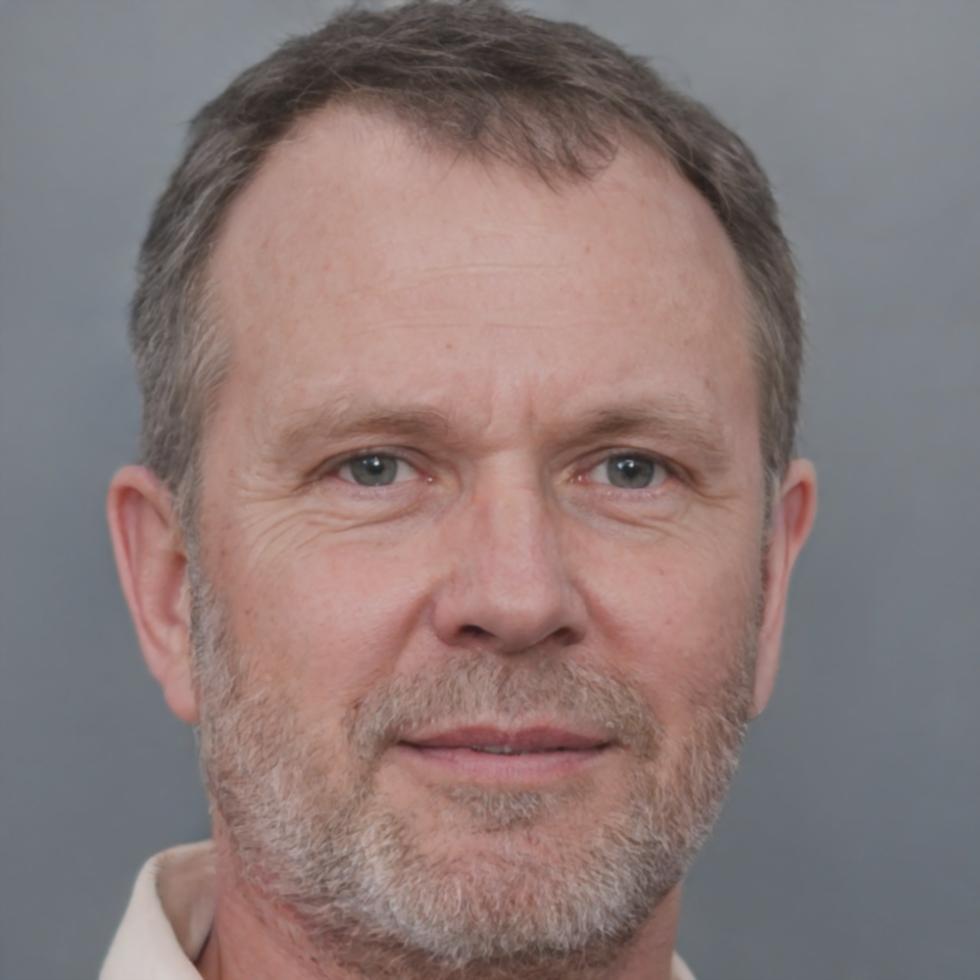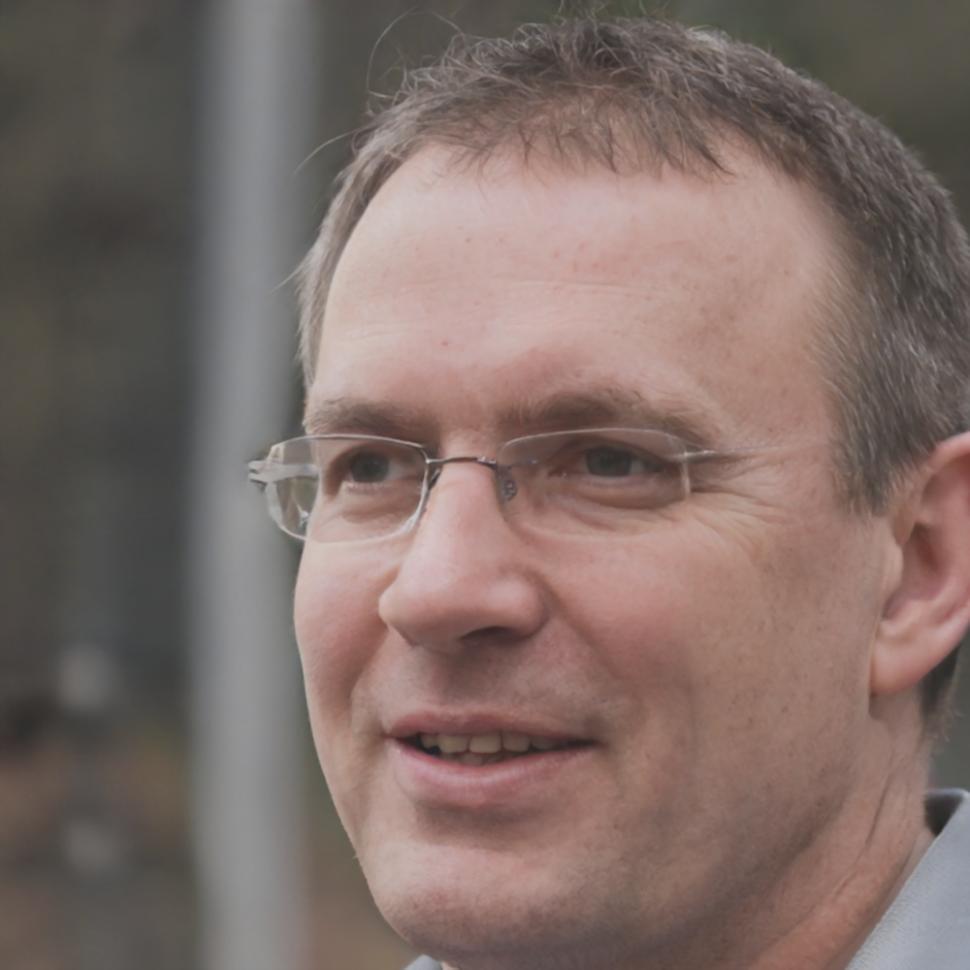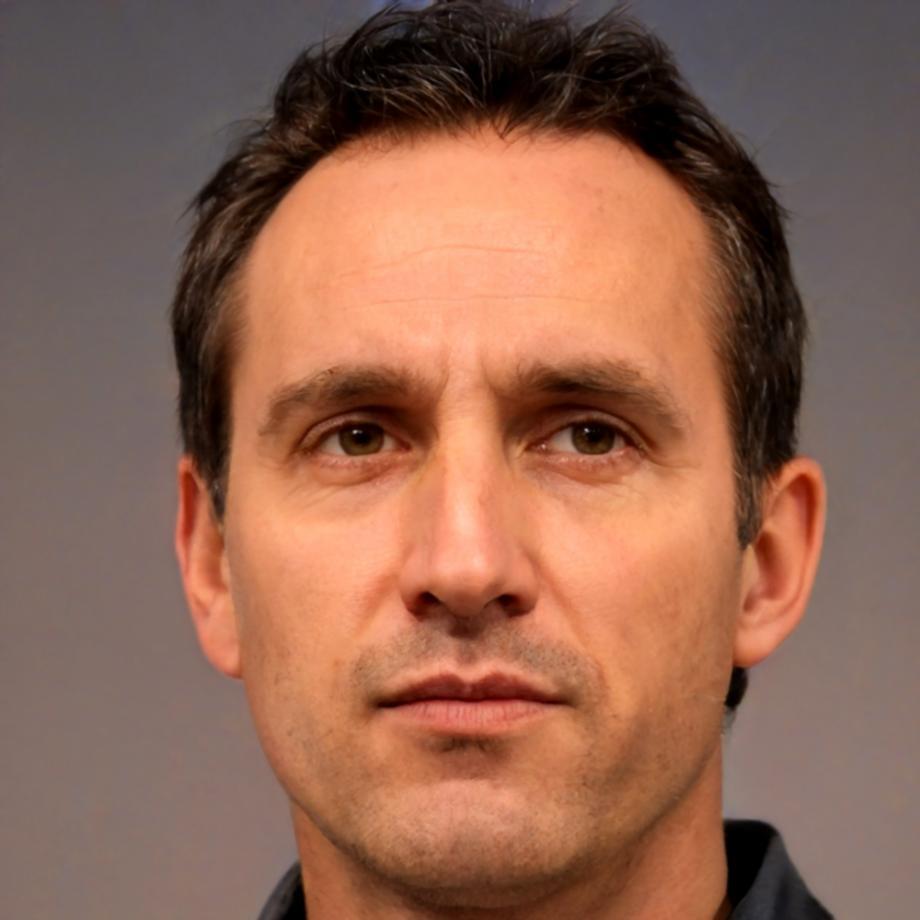Build Financial Confidence Through Real Practice
Most people know they should budget better. But knowing and doing are different things. Our September 2025 programme focuses on actual cash flow management—not theory, but the messy reality of tracking money week by week.
Enquire About September Intake
How We Actually Teach This
Financial skills stick when you practice them with others who get the same struggles. We've structured everything around peer learning and real scenarios.
Weekly Group Sessions
Meet your cohort every Tuesday evening for twelve weeks. You'll work through exercises together—comparing approaches, catching mistakes early, learning from how others solve the same problems you're facing.
Real Budget Scenarios
We use actual case studies from Australian households. Not simplified textbook examples, but genuine situations with irregular income, unexpected expenses, and competing priorities. Because that's what real budgeting looks like.
Peer Review System
Each fortnight, you'll swap budgets with someone else in your group. Fresh eyes catch things you miss. And explaining your choices to someone else? That's when concepts really click.
Your Own Money
By week four, you'll apply everything to your personal finances. We provide templates and guidance, but you're working with your actual income and expenses. That's where learning becomes practical change.
Small Cohorts
Groups of eight to twelve people max. Large enough for diverse perspectives, small enough that everyone contributes regularly. You'll know everyone's name by week two.
Ongoing Support
After the twelve weeks end, your cohort group stays connected. Most groups keep meeting monthly to check in, share progress, troubleshoot new challenges together.
What The Twelve Weeks Look Like
Foundation Phase
Start with tracking—honestly documenting where money actually goes. Most participants find surprises here. We introduce basic cash flow concepts and set up your tracking system. Everyone shares their findings with the group, which normalizes the messy reality of personal finance.
Building Your Budget
Now you create a realistic budget based on your tracking data. Not an aspirational fantasy, but something that matches how you actually live. Test it for three weeks, adjust what doesn't work, compare notes with your cohort about what's helping.
Handling Complexity
Irregular income. Annual expenses. Emergency funds. The stuff that trips people up. We work through strategies as a group, with everyone contributing what's worked for them. You'll practice scenario planning for different financial situations.
Making It Stick
Final weeks focus on sustainability. You've got systems working now—how do you maintain them long-term? Build habits that last beyond the programme? We discuss common pitfalls and create personal action plans. Plus you'll set up your cohort's ongoing connection.

The Cohort Makes The Difference
Here's something we've noticed over six years running these programmes: individual learning works fine for absorbing information. But financial behavior change? That needs other people.
When you're in a cohort, you can't hide from reality. If your budget isn't working, someone will notice and ask helpful questions. When you're tempted to skip tracking for a week, you know your group will check in. And when you have a breakthrough moment, you've got people who genuinely understand why it matters.
The practical support is valuable. But the accountability and shared experience—that's what actually creates lasting change. Most participants stay connected with their cohort well beyond the twelve weeks, checking in monthly or quarterly to maintain momentum.
Cohorts completed since 2019
Participants per cohort group
Still using their budget system after 12 months
Would recommend to a friend
Who Facilitates Your Cohort
Our facilitators aren't lecturers—they guide group learning and keep everyone on track. Each has extensive experience with cash flow management and understands the psychology of financial behavior change.

Rhys Bellamy
Senior FacilitatorRhys has run forty-three cohorts since joining in 2020. Background in financial counseling, but his real skill is creating space where people feel comfortable being honest about money struggles.

Declan Papadopoulos
Programme FacilitatorDeclan came to us from small business advising. He's particularly good with irregular income situations and helps participants think through seasonal cash flow challenges that throw off typical budgeting approaches.

Finn Abramovich
Programme FacilitatorFinn focuses on the behavioral side—why we make the financial decisions we do, how to build sustainable habits. His cohorts often dive deep into the psychology of spending patterns and money mindsets.